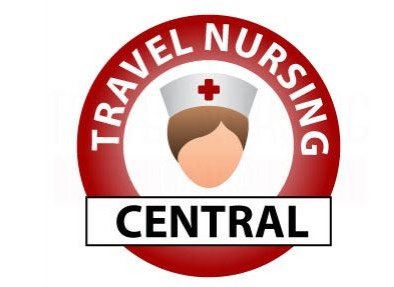Travel nurses move from city to city for weeks at a time. You can’t really expect to eat whatever you want, not exercise and have your body be okay with it. I know it can be not easy to pick up on regular exercise right after moving to a new home, but you have to make your health a priority; otherwise, your happiness and eventually your work will be compromised.
The Struggle is Real
How many times have you heard something like this: “I ate so much on my vacation I think I gained like 5 lbs”? Or maybe something like, “I didn’t work out at all during my trip, so I’m going to have to start exercising again.” Statements like these are typical for those who travel every once in a while, but these don’t really work for those in the traveling nurse field.
There are Options! Fitness Tips for Travel Nurses
So for all you travel nurses, here are a couple of quick travel nursing fitness tips for maintaining healthy fitness levels while on the road:
The Home Gym Alternative
Okay, we get it. You don’t want to do the gym thing and exercising with a random group of strangers in a yoga or dance class is not your thing either. Creating a home gym and doing bodyweight exercises is a great alternative to staying active and moving well. Just pack a set of resistance bands, invest in a suspension training cord, and set up some workout space in your home.
Yelp! A Gym As Soon As You Can
In addition to looking up some of the best restaurants in your new neighborhood, take some time to look up nearby gyms that you can join as soon as you arrive. Trust me, if you can spend a couple of seconds on your iPhone looking up 4+ star restaurants on yelp! You can easily take a couple more seconds to search local gyms in the area.
Not a gym fan? Why not kickbox or dance it up?
These days, disliking the gym is not an adequate excuse for no exercise. There are plenty of different types of fitness classes and fun, challenging, and great activities for raising your fitness levels and know-how. Some of these include martial arts (kickboxing, Brazilian jiu-jitsu, boxing), dance (salsa, hip hop, modern, ballet), and yoga. If you’re adventurous enough to be a traveling nurse, then signing up for a beginner’s class in martial arts or dance should be a walk in the park.
Wellness and Balance Over Fitness
Oftentimes people get caught up in wanting to lose 5-10 lbs or reducing pant size and think that the obvious solution is to eat healthier and exercise more. To achieve a life of wellness, the solution isn’t just about greater fitness and a healthy diet. It requires a commitment to achieving balance and prioritizing health and fitness in your life. This means eating well and exercising in ways that make you feel happy and balanced.
Don’t overdo your diet or your exercise program because you’ll burn out fast, but don’t go too easy on yourself, or else it’ll take a long time to see progress. Work towards balance, and your pathway to wellness and fitness will be a little easier.
As a travel nurse, living a life of fitness and wellness is a difficult path. We hope you found these fitness tips for travel nurses helpful.
More often, you are expected to take care of the health of others. Who is going to take care of yours? We hope that this personal responsibility falls a little easier with the tips described above.
If you have any questions or comments please feel free to email at matthew@movemofitness.com.



